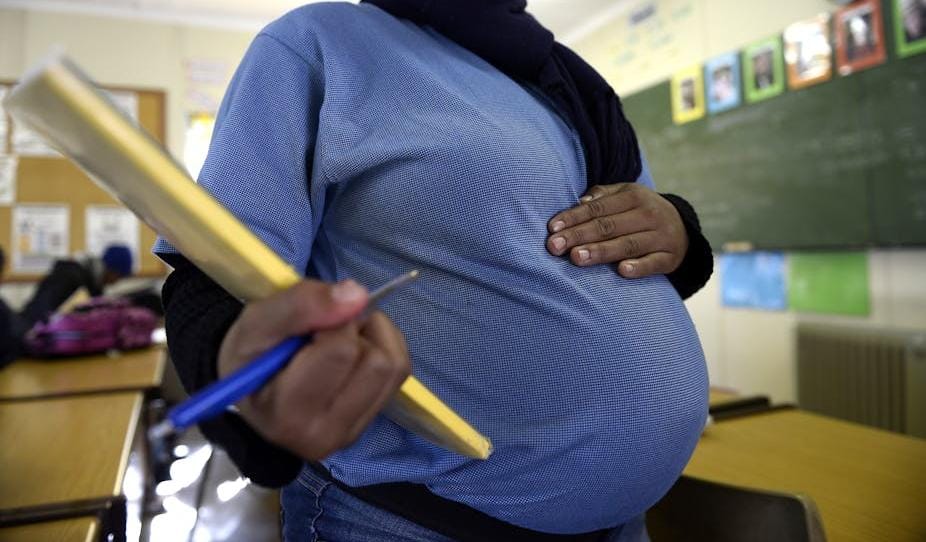By Duncan Mnisi
The Eastern Cape is witnessing a disturbing surge in teenage pregnancies, with recent reports indicating that over 100 girls aged 10 to 14 gave birth between April and July a figure that signals a deep-rooted crisis far beyond mere statistics.
Experts and advocacy groups warn that these numbers are only the tip of the iceberg, with under-reporting and systemic neglect masking a far more widespread problem.
Shaheda Omar, director of the Teddy Bear Clinic, emphasizes that teenage pregnancy is not just a health issue but a symptom of broader social injustices.
She highlights that many of these pregnancies result from sexual violence, often involving minors in contexts where power imbalances and lack of protection prevail.
Omar condemns systemic failures that allow perpetrators to go unpunished while survivors face stigma, silence, and lack of support. “It’s easier for a child to be raped than to access justice or proper care,” she stated.
Adding to the urgency, the Economic Freedom Fighters (EFF) have criticized the South African Police Service for failing to treat cases of rape especially statutory rape—with the seriousness they deserve.
The EFF highlighted that children aged 10 to 14 are not only falling pregnant but are frequently victims of sexual violence that remains unaddressed due to systemic neglect. They pointed out that in many cases, police turn a blind eye, perpetuating the cycle of abuse and exploitation.
The party called on the government to declare teenage pregnancy a national emergency, advocating for comprehensive reforms in child protection laws, better support for survivors, and stricter enforcement against offenders.
They stressed that without decisive action, the cycle of abuse and underdevelopment will continue, trapping generations in poverty and despair.
The crisis is compounded by the alarming rise in sexual violence, with many cases involving statutory rape—where the perpetrator is often an adult exploiting young girls.
Omar calls for urgent community and police action, emphasizing that “the police must stop turning a blind eye and ensure swift, visible, and uncompromising action against perpetrators.”
Educational and health systems are also failing these vulnerable girls. Reports reveal that many young girls are forced to leave school early, often due to pregnancy, depriving them of education and future opportunities.
Omar advocates for the establishment of youth-friendly clinics and community-based programs that provide accessible sexual education, contraception, and counseling services. She warns that neglecting these needs only exacerbates the cycle of poverty and gender inequality.
Community leaders and policymakers are urged to prioritize safeguarding children and addressing the root causes of teenage pregnancy.
As Omar notes, “We need to work hand in hand—parents, educators, health workers—to protect our children’s rights and futures.”
The rising numbers serve as a stark reminder of the urgent need for systemic changes that can curb violence, improve education, and empower girls to lead safe and healthy lives.







